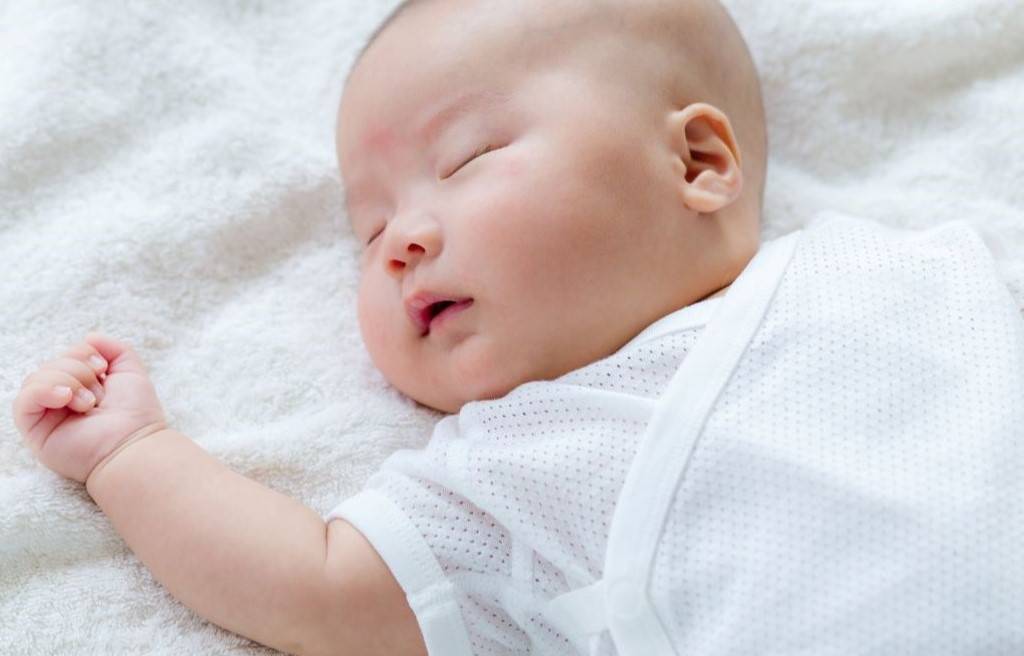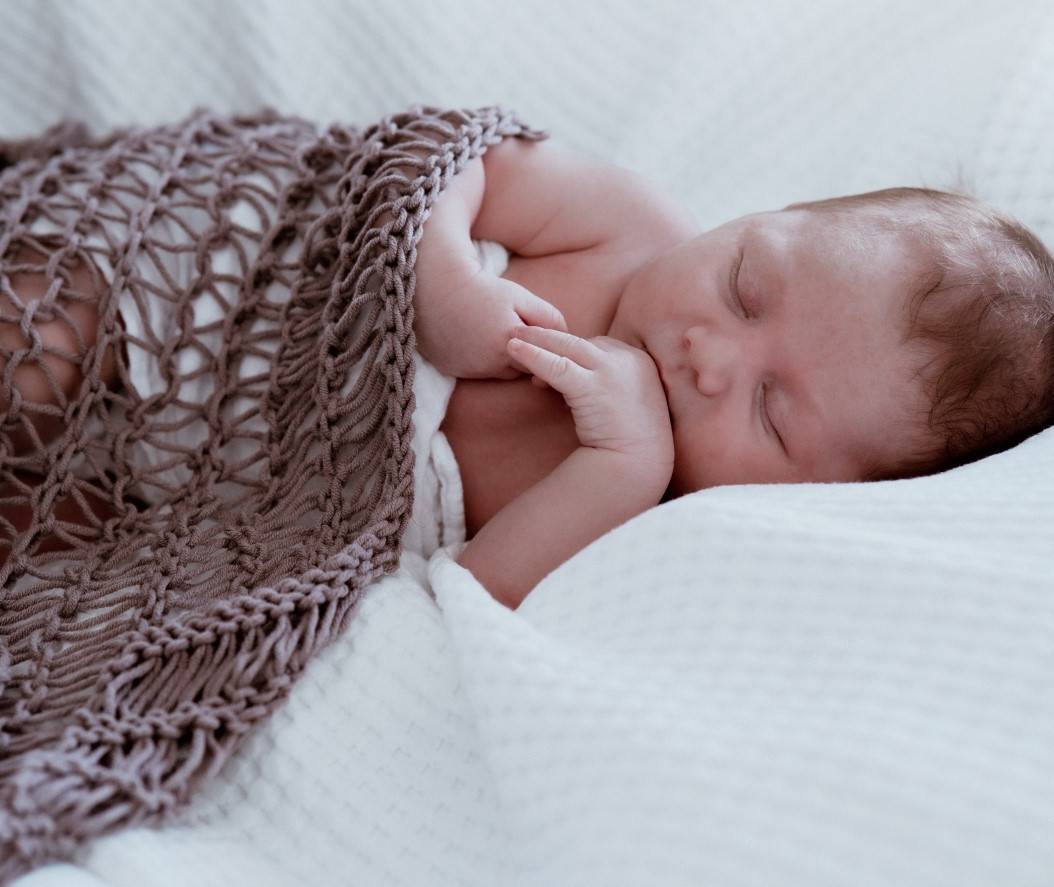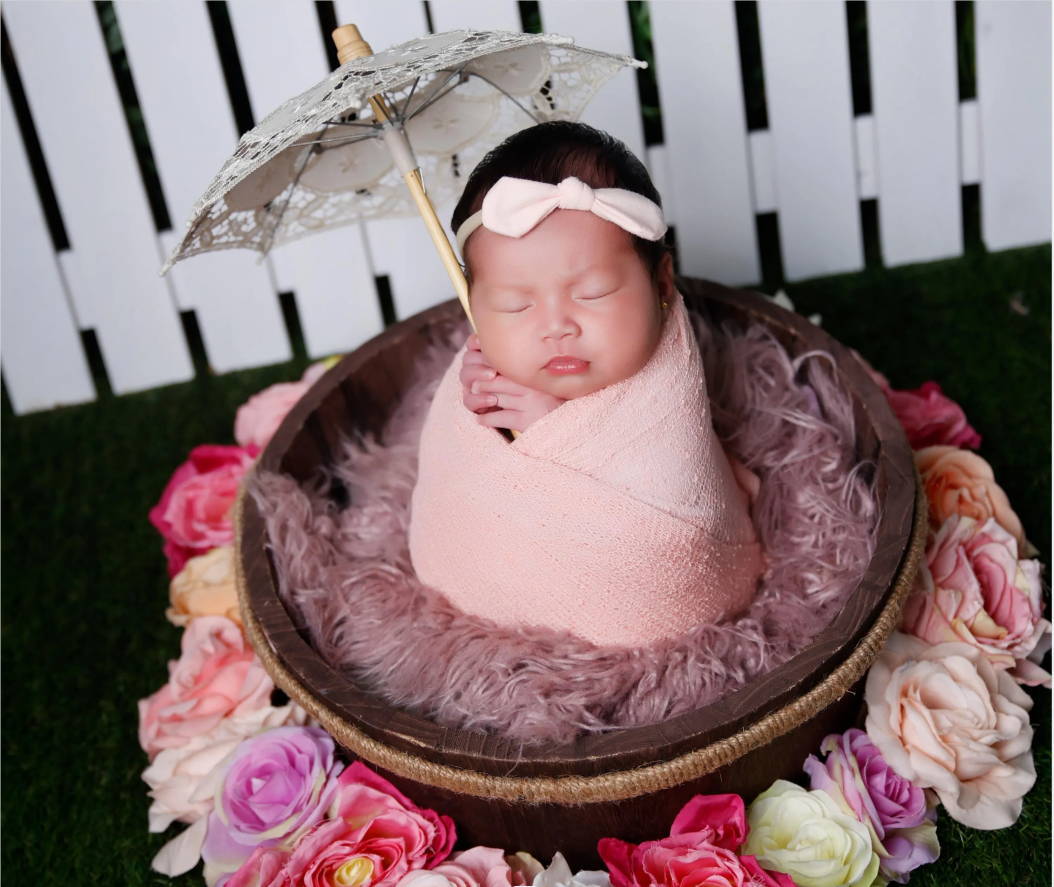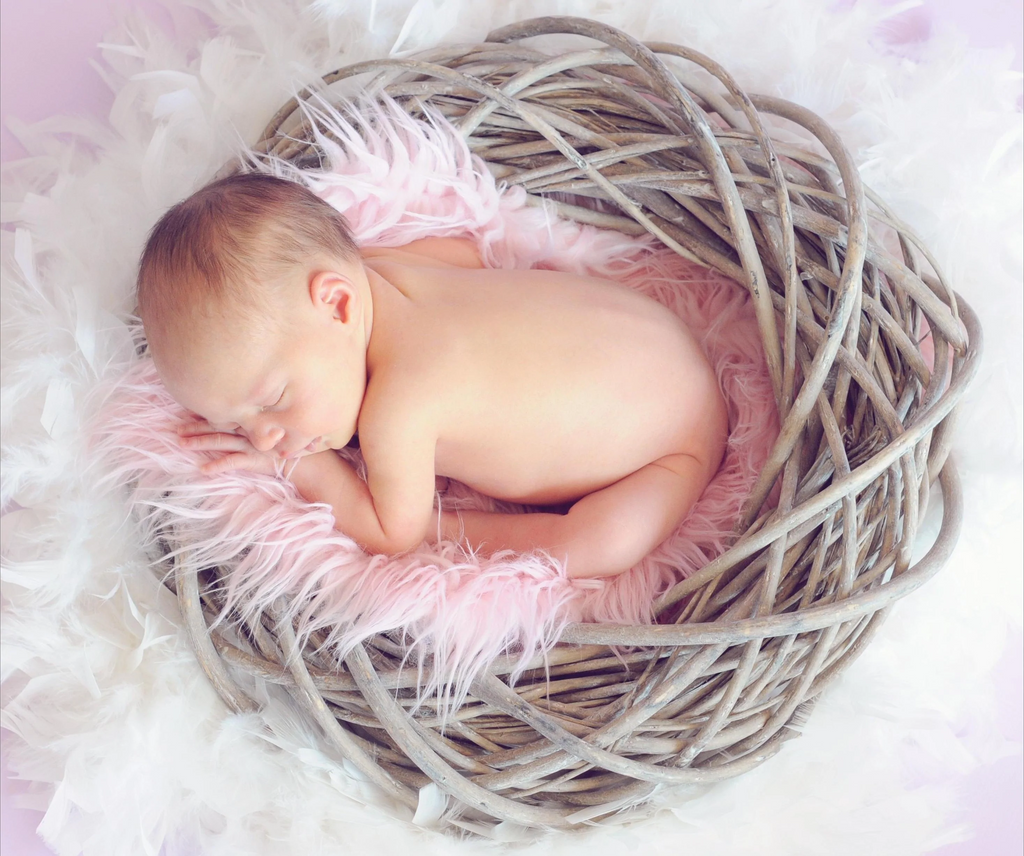Welcoming an infant into the world is a beautiful and rewarding experience, accompanied by a whirlwind of emotions and responsibilities. As parents, we strive hard to provide our little ones with the best care and nurturing environment. Among the many aspects of newborn care, understanding the appropriate amount of sleep and establishing a consistent sleep routine is crucial. This article delves into the fascinating topic of developing newborn sleeping time, shedding light on the optimal duration and newborn sleeping pattern for your baby's restful slumber.
The Importance of Newborn Bedtime
Sleep plays a vital role in a newborn's development and overall well-being. Babies spend an outstanding portion of their time sleeping during the first few months of life. Their bodies and brains grow during this restful state, and essential cognitive and physical processes occur. Understanding how long a newborn should sleep can help them receive the rest necessary for healthy growth and development.
Optimal Newborn Sleeping Time
Newborn sleeping patterns are unique and characterized by frequent sleep-wake cycles. An infant sleeps 14 to 17 hours daily, although individual variations exist. However, it's important to note that newborns typically don't sleep for long stretches at a time. They have shorter sleep cycles, ranging from 1 to 4 hours, during which they wake up to feed, get their diaper changed, or seek comfort. Moreover, it's essential to understand that the amount of sleep a 2-week-old baby requires may not indicate their future sleep patterns. As your baby grows, their sleep routine will shift, and you may notice changes in their sleeping habits. For instance, when your little one reaches six weeks, they may not nap for extended periods as they did before. Their sleep time will naturally decrease, and their wakeful periods will extend.
Let's explore the average sleep duration for babies at specific ages:
1. Six weeks old: At this stage, babies tend to sleep for approximately 15-16 hours a day. However, be prepared for variations, as every baby is unique.
2. 4-6 months old: As your baby reaches this age range, their sleep duration usually ranges from 9 to 12 hours per night, with the addition of 2 shorter naps during the day. Again, keep in mind that individual differences may exist.
3. 9-12 months old: By this time, babies generally require 11-12 hours of sleep during the night, accompanied by two other naps throughout the day.
4. One year old: At around 1, babies typically need 10-11 hours of sleep and two shorter naps during the day.
5. Remember, these are average guidelines, and every baby is different. Some babies may require slightly more or less sleep. Therefore, it's crucial to pay attention to your baby's cues and adjust their sleep routine accordingly.
Establishing a Healthy Sleep Routine
While newborns don't adhere to a strict sleep schedule, establishing a consistent bedtime can benefit both the baby and the parents. Creating a calming newborn bedtime routine, such as dimming the lights, playing soothing music, or engaging in gentle activities like cuddling or reading, helps signal your baby that it's time to wind down and prepare for sleep. Over time, this routine can help regulate their internal clock and encourage more predictable newborn sleeping patterns.
The Role of the Baby Sleep Monitor
By continuously tracking your baby's sleep, the Baby Sleep Oxygen Monitor plays a crucial role in a variety of situations while babies sleep. Paired with the Baby Sleep Oxygen Monitor, it may monitor the baby's vital bodily indications such as SpO2, heart rate, and body movements and alert parents when the infant requires assistance. It will alert you if the oxygen saturation drops below a certain level. Since underuse and overuse of supplemental oxygen can harm premature infants, oxygen saturation levels must be monitored to prevent reactive oxygen species-related diseases, such as retinopathy of prematurity and bronchopulmonary dysplasia.
Baby Sleep Oxygen Monitor that can continuously track blood oxygen levels without having to wake them up to do regular check-ins can be helpful. Healthy babies cannot be around their parents all the time during sleep, and sometimes there will be some situations that endanger the baby's breathing, such as the baby's head being covered by a quilt or when a rope or other similar object is wrapped around the baby's neck, making it difficult for the baby to breathe smoothly. By displaying blood oxygen levels and heart rate, the Baby Sleep Oxygen Monitor can also help parents identify potential danger.
The baby sleep oximeter can help parents monitor multiple key health indicators of the baby without affecting the baby's sleep time and sleep patterns so that the baby can establish a consistent newborn bedtime and create a conducive sleep environment. Remember that every baby is different; finding the best way for your little one may take time. Utilizing innovative technologies like the Baby Sleep Monitor can provide insights into your baby's sleep patterns and support you in optimizing their sleep experience. Hence, embrace the fascinating journey of newborn sleeping time and ensure your baby enjoys sweet dreams from the beginning.








Leave a comment